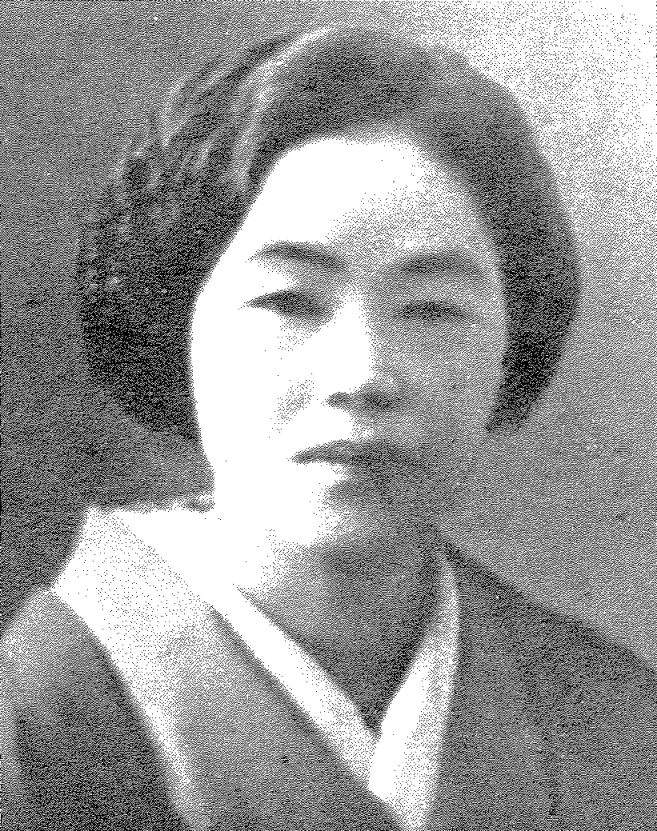
1897 - 1987
Miyuki Ishikawa
Summary
Name:
Years Active:
1946 - 1948Birth:
February 05, 1897Status:
DeceasedClass:
Serial KillerVictims:
5Method:
AbortionDeath:
May 30, 1987Nationality:
Japan
1897 - 1987
Miyuki Ishikawa
Summary: Serial Killer
Name:
Miyuki IshikawaStatus:
DeceasedVictims:
5Method:
AbortionNationality:
JapanBirth:
February 05, 1897Death:
May 30, 1987Years Active:
1946 - 1948Date Convicted:
October 11, 1948bio
Miyuki Ishikawa was born on February 5, 1897, in Honjō, a village in Miyazaki Prefecture, Japan. She grew up in a time when Japan was undergoing significant changes. In 1914, when she was 17 years old, she moved to Tokyo. This city was becoming more modern and offered new opportunities. She focused on her education and pursued a career in midwifery.
Miyuki graduated from Tokyo Imperial University as a midwife on September 30, 1919. That same year, she married Takeshi Ishikawa, who was three years older than her. Takeshi was originally from Ibaraki Prefecture and had served as a sergeant in the Kenpeitai, the military police of Imperial Japan. After their marriage, he assisted Miyuki in her work but did not have a steady job.
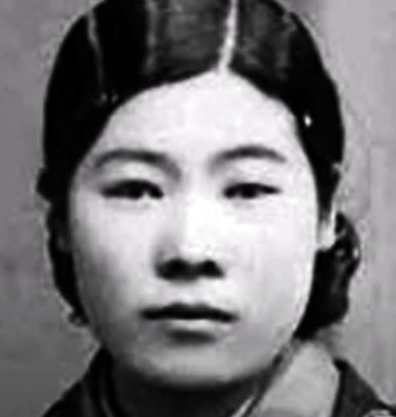
Due to a medical issue, Miyuki had a hysterectomy, which meant she could not have biological children. However, she and Takeshi raised a boy from his previous marriage. They also adopted three other children: two boys and one girl. Miyuki became a skilled midwife and managed a maternity home called Kotobuki San'in. She was active in several midwives' associations and held important positions within them.
Miyuki's life continued in Tokyo after World War II. In April 1947, she ran for a position on the assembly of Shinjuku Ward, but she was not elected.
murder story
In the late 1940s, many babies were kept at Kotobuki San'in, a maternity home in Tokyo. Most of these babies were born out of wedlock. Their mothers could not afford to care for them. Miyuki Ishikawa, the midwife in charge, decided to neglect many of these infants. As a result, numerous babies died under her care. Most of the other midwives found this practice unacceptable and left their jobs.
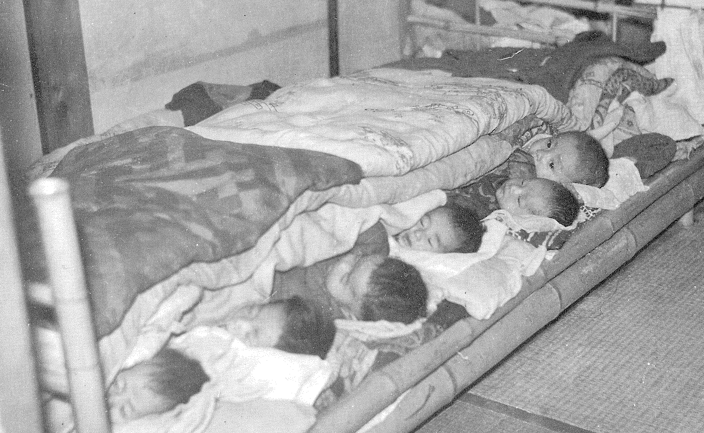
Ishikawa and her husband, Takeshi, tried to make money from these tragic situations. They requested large sums of money from the parents. They claimed it would be cheaper than raising the children. A doctor named Shirō Nakayama helped them by faking death certificates.
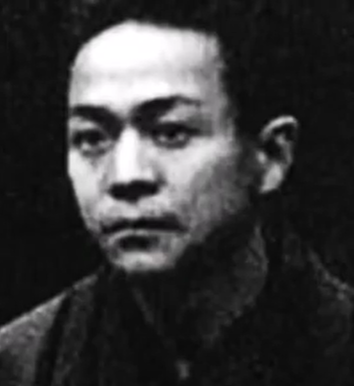
On January 12, 1948, police officers discovered the remains of five infants. Autopsies showed these babies did not die from natural causes. Following this, Miyuki and Takeshi were arrested on January 15, 1948. At that time, seven infants were still alive at the maternity home, but two of them died shortly after.
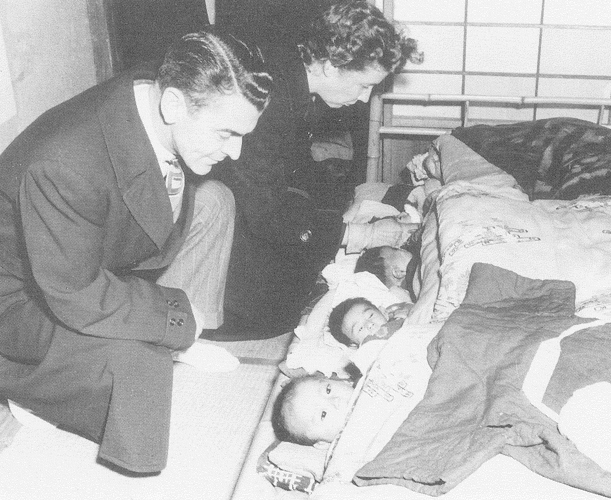
As the police investigated further, they found over forty infant ashes in the house of a mortician. They also discovered thirty more ashes in a temple. The total number of victims was hard to determine because the murders happened over a long time. In court, prosecutors claimed that Ishikawa and her husband killed at least twenty-seven infants amid eighty-four recorded deaths between April 1946 and January 1948.
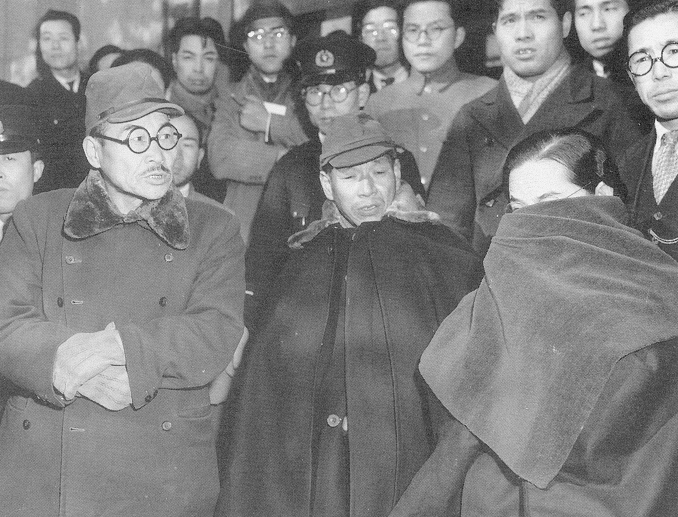
On October 11, 1948, a court found Ishikawa and Takeshi guilty of five counts of murder by omission. Ishikawa received an eight-year sentence, while her husband was given four years. Both sides appealed the sentences. By April 28, 1952, the Tokyo High Court reduced Ishikawa’s sentence to four years in prison and Takeshi’s to two years. They were pardoned later due to a treaty with the United States, which affected many prisoners.
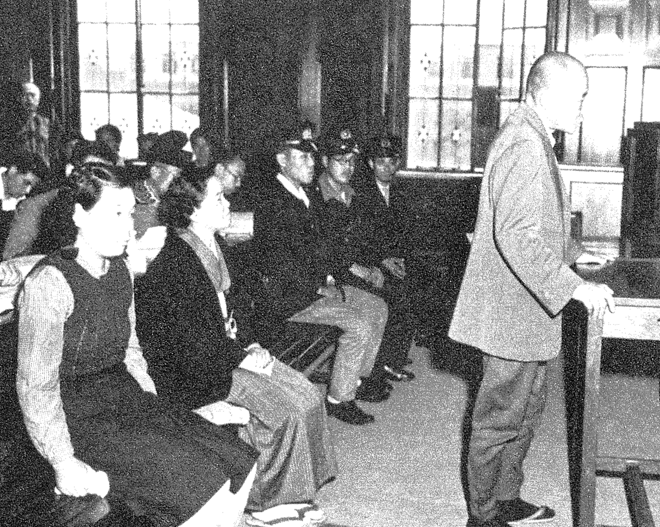
After the events, Ishikawa claimed that parents were responsible for the deaths because their children were deserted. This view was challenged by some who argued against the discrimination against abandoned children. Reports also revealed other maternity homes in Tokyo had similar issues. Following these incidents, discussions about legalizing abortion in Japan began, which led to the establishment of the Eugenic Protection Law in 1948.
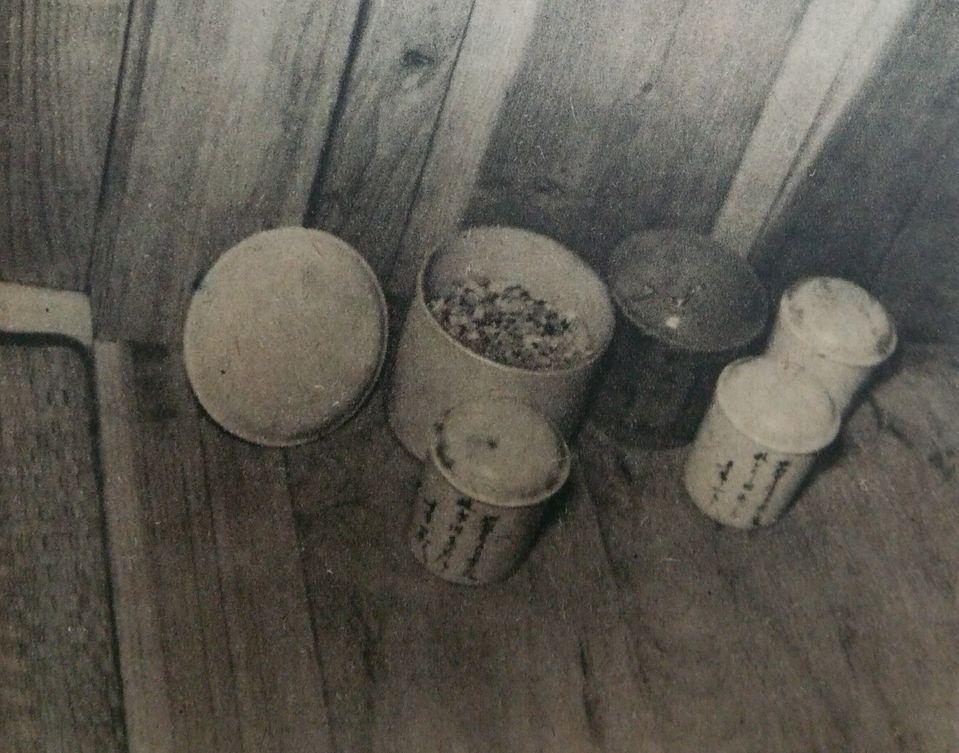
In the years that followed, Ishikawa maintained her innocence when interviewed. After serving her sentence, she worked in various jobs and ended up in real estate. Her name remained in phone directories for many years. She later revealed that she had made a significant amount of money.